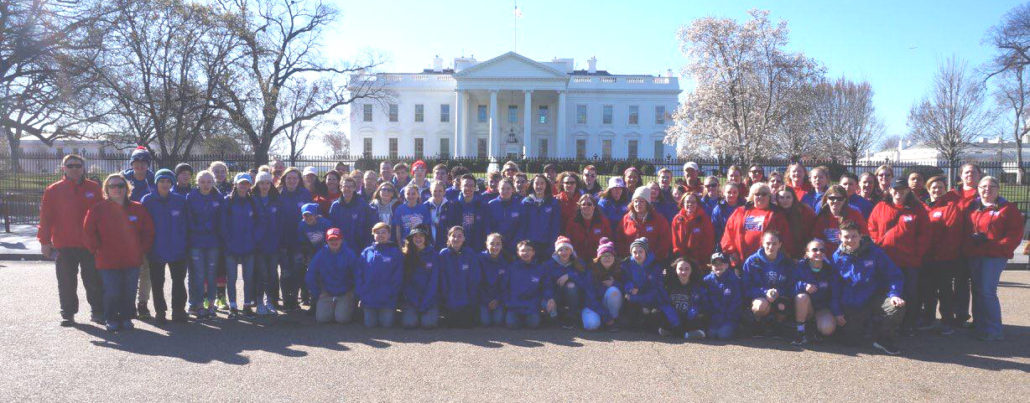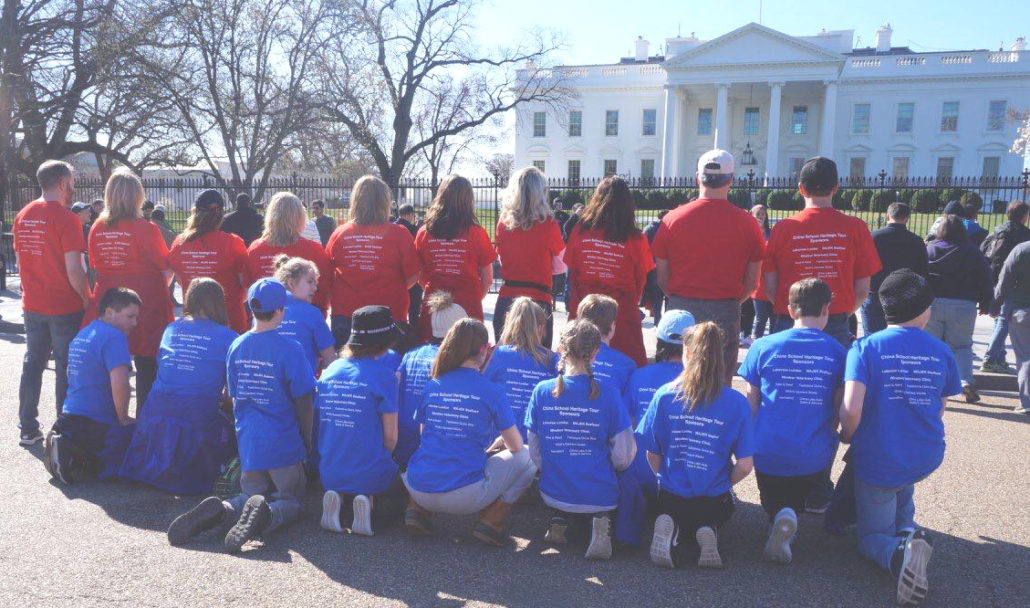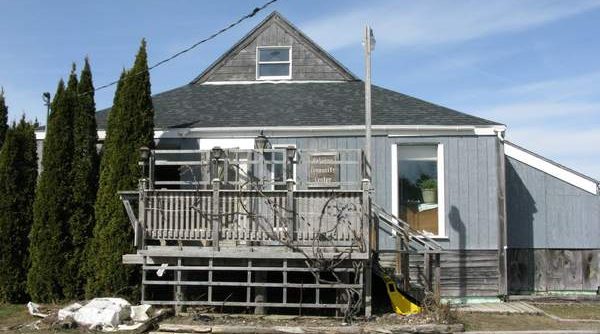Catholic diocese lifting flu prevention protocols
 The Roman Catholic Diocese of Portland has reviewed the flu prevention protocols for Maine parishes that were put in place in late January. The research indicates that in most of the state, the incidence of influenza has considerably lessened. In some corners of the state, however, it continues to be a concern.
The Roman Catholic Diocese of Portland has reviewed the flu prevention protocols for Maine parishes that were put in place in late January. The research indicates that in most of the state, the incidence of influenza has considerably lessened. In some corners of the state, however, it continues to be a concern.
As such, Bishop Robert P. Deeley has decided to lift the protocols. He has, however, informed pastors at parishes throughout the diocese, which covers the entire state of Maine, to use their best judgment in deciding if the protocols should continue because of the situation in their local area.
Where the influenza protocols will be relaxed, the bishop continues to advise that if individuals have a fever, sore throat, cough or flu-like symptoms, they should stay at home and not attend Mass until fully recovered. When individuals are ill, they are not bound by the Sunday Mass obligation.
With the protocols lifted, the distribution of the shared consecrated wine for the faithful is reinstated and parishioners may shake hands during the Sign of Peace.
All ministers of holy Communion will continue to sanitize their hands before and after distributing holy Communion, a practice that was in place prior to the protocols.
For more information, contact Dave Guthro, Communications Director for the Diocese of Portland, at (207) 321-7810 or dave.guthro@portlanddiocese.org.


 Heather Kervin, of Winslow, was recently named to the Castleton University dean’s list, in Castleton, Vermont, for the fall semester of the 2017-18 academic year.
Heather Kervin, of Winslow, was recently named to the Castleton University dean’s list, in Castleton, Vermont, for the fall semester of the 2017-18 academic year.
 Taylar Lamontagne, of Waterville, has been named to Southern New Hampshire University’s fall 2017 president’s list, in Manchester, New Hampshire. Eligibility for the president’s list requires that a student accumulate an academic grade point average (GPA) of 3.7-4.0 and earn 12 credits for the semester.
Taylar Lamontagne, of Waterville, has been named to Southern New Hampshire University’s fall 2017 president’s list, in Manchester, New Hampshire. Eligibility for the president’s list requires that a student accumulate an academic grade point average (GPA) of 3.7-4.0 and earn 12 credits for the semester.






